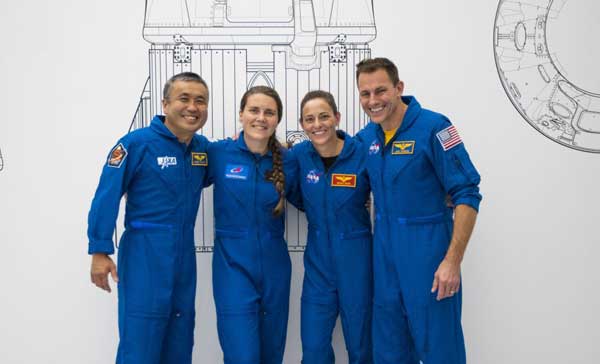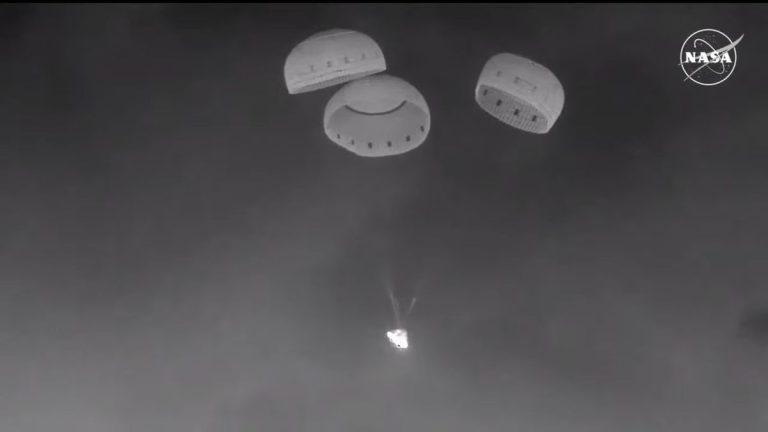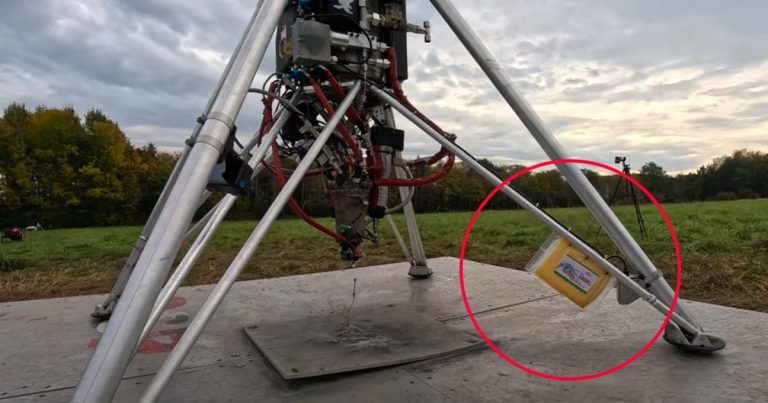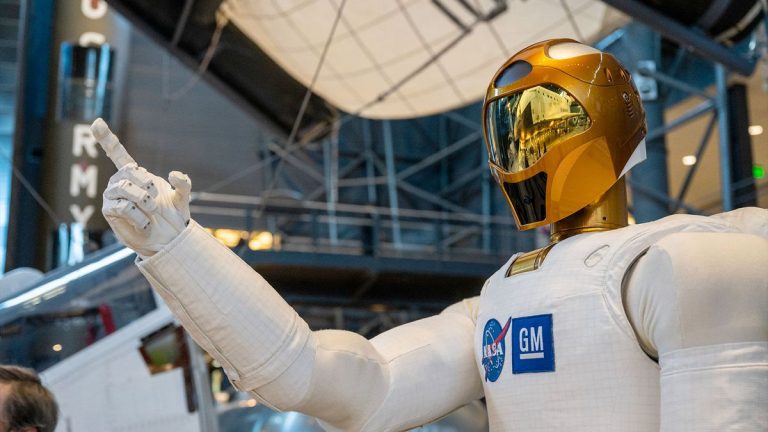
ISS National Lab-Sponsored Research to Accompany SpaceX Crew-5 Astronauts to Orbiting Laboratory (Image Credit: Payload)

KENNEDY SPACE CENTER, Fla., October 4, 2022 (CASIS PR) – A new six-month venture into space-based research begins when four astronauts head to the International Space Station (ISS) as part of SpaceX’s 5th Commercial Crew mission, which is launching from NASA’s Kennedy Space Center no earlier than October 5, 2022.
During their mission, the Crew-5 astronauts will support hundreds of research and technology development investigations, many of which are sponsored by the ISS National Laboratory. Their endeavors will bring value to humanity through space-based inquiry and enable a robust market in low Earth orbit.
NASA astronauts Nicole Mann (mission commander) and Josh Cassada (pilot) will join mission specialists Koichi Wakata of Japan Aerospace Exploration Agency and Roscosmos cosmonaut Anna Kikina for the launch of Dragon Endurance. Mann will be the first female SpaceX Dragon commander to serve as part of NASA’s Commercial Crew Program. This is the first spaceflight for Mann, Cassada, and Kikina. It is the fifth trip for Wakata.
Accompanying the Crew-5 astronauts on this mission are multiple research investigations sponsored by the ISS National Lab, including:
- An investigation from biotechnology company LambdaVision that builds on previous research aiming to create a protein-based artificial retina to restore vision for patients with degenerative eye diseases like retinitis pigmentosa and age-related macular degeneration. LambdaVision hopes to demonstrate that manufacturing the artificial retina by building multiple thin layers of protein on a surface in microgravity improves its overall uniformity. Over the years, LambdaVision has launched numerous investigations to the orbiting laboratory with ISS National Lab Commercial Service Provider Space Tango to further in-space production applications for terrestrial benefit.
- A scientific study from Los Alamos National Lab in collaboration with ISS National Lab Commercial Service Provider Rhodium Scientific will evaluate gut microbiomes. This Rhodium Space Microbiome Isolates investigation looks more deeply into specific gut microbes that change only in space, thus potentially affecting astronauts and future space travelers. The investigation builds the team’s prior study onboard the space station, and results may lead to new tests for identifying changes to gut microbes that contribute to overall health, which could help support personalized treatment options for future astronauts as well as patients on Earth.
Crew-5 astronauts will work on these investigations along with dozens of other projects flying to the space station on NASA-funded Commercial Resupply Services missions over the next six months. ISS National Lab-sponsored projects set to launch on upcoming missions will leverage the orbiting laboratory for research in life and physical sciences, advanced materials, and technology development. Many of these projects have received funding from entities like the U.S. National Science Foundation and the National Institutes of Health. Additionally, many of these projects stem from private industry, demonstrating the wide-ranging capabilities of the space station as a business incubator in low Earth orbit.
The Crew-5 mission is scheduled to lift off on a SpaceX Dragon spacecraft affixed to a Falcon 9 rocket from Launch Complex 39A no earlier than 12pm EDT Wednesday, Oct. 5, 2022.
To learn more about the research and technology development sponsored by the ISS National Lab, including how to propose concepts to become part of the burgeoning space economy, visit www.ISSNationalLab.org.
About the International Space Station (ISS) National Laboratory: The International Space Station (ISS) is a one-of-a-kind laboratory that enables research and technology development not possible on Earth. As a public service enterprise, the ISS National Lab allows researchers to leverage this multiuser facility to improve life on Earth, mature space-based business models, advance science literacy in the future workforce, and expand a sustainable and scalable market in low Earth orbit. Through this orbiting national laboratory, research resources on the ISS are available to support non-NASA science, technology and education initiatives from U.S. government agencies, academic institutions, and the private sector. The Center for the Advancement of Science in Space, Inc. (CASIS) manages the ISS National Lab, under Cooperative Agreement with NASA, facilitating access to its permanent microgravity research environment, a powerful vantage point in low Earth orbit, and the extreme and varied conditions of space. To learn more about the ISS National Lab, visit www.ISSNationalLab.org.








